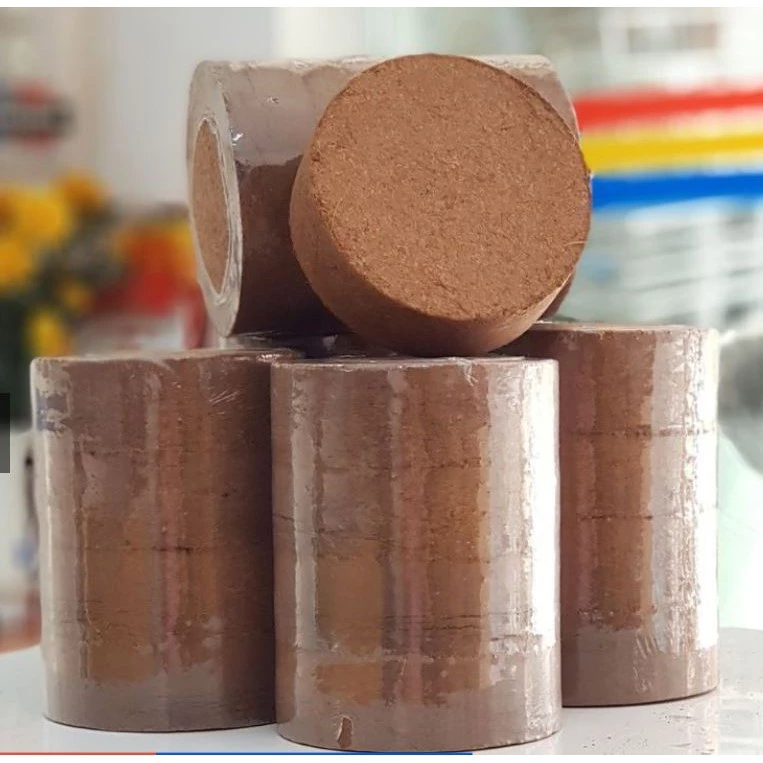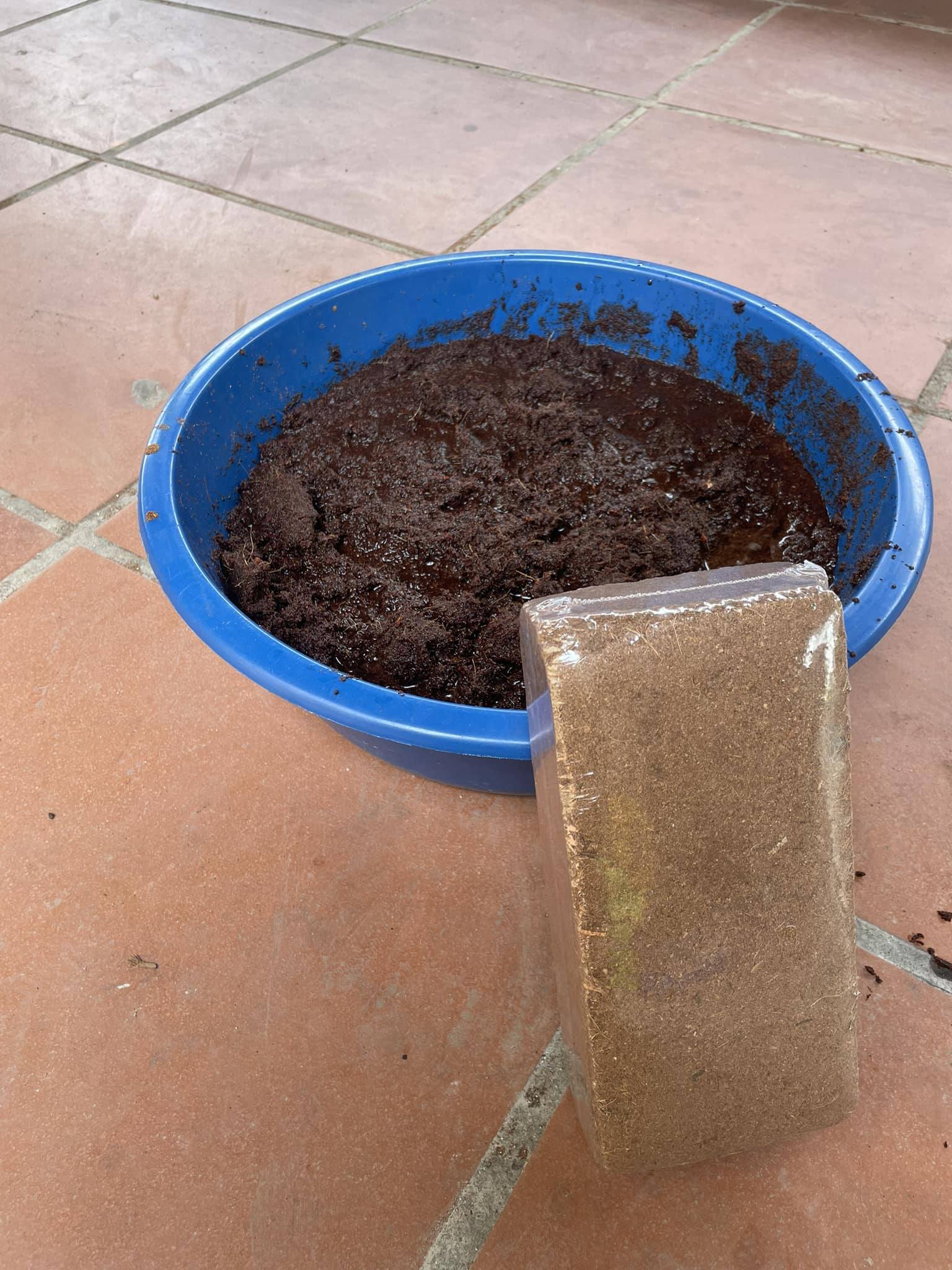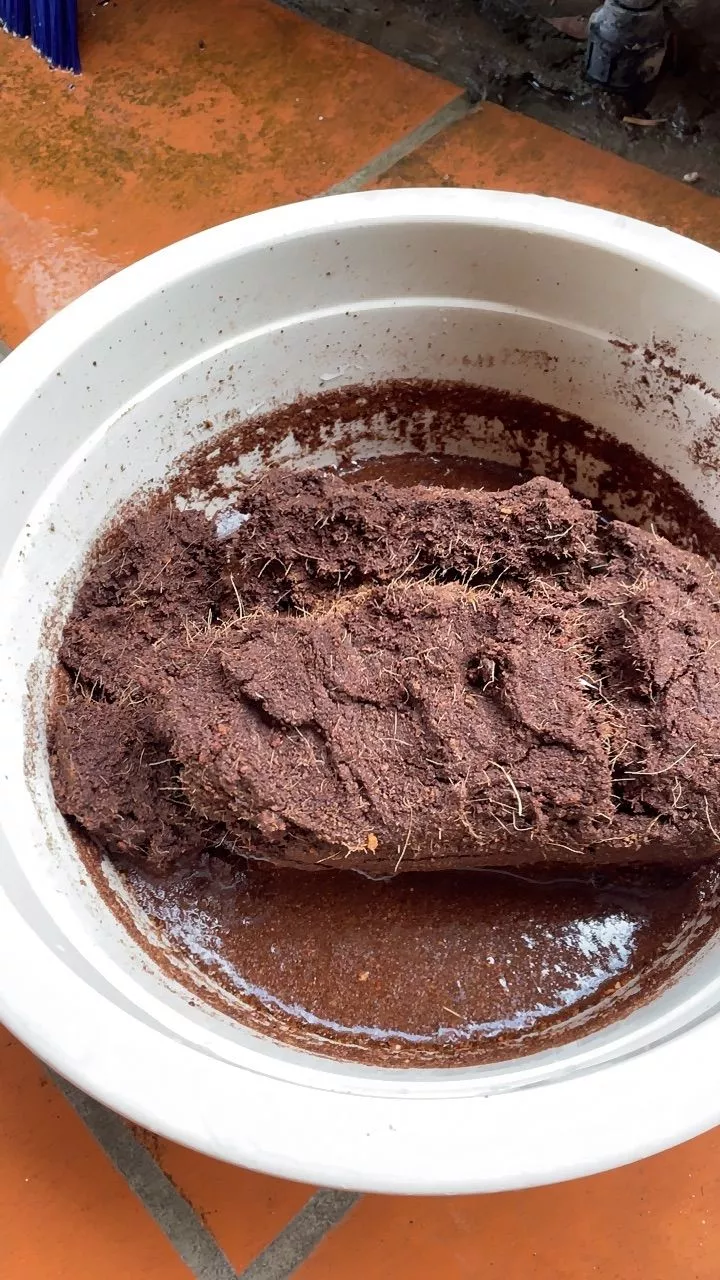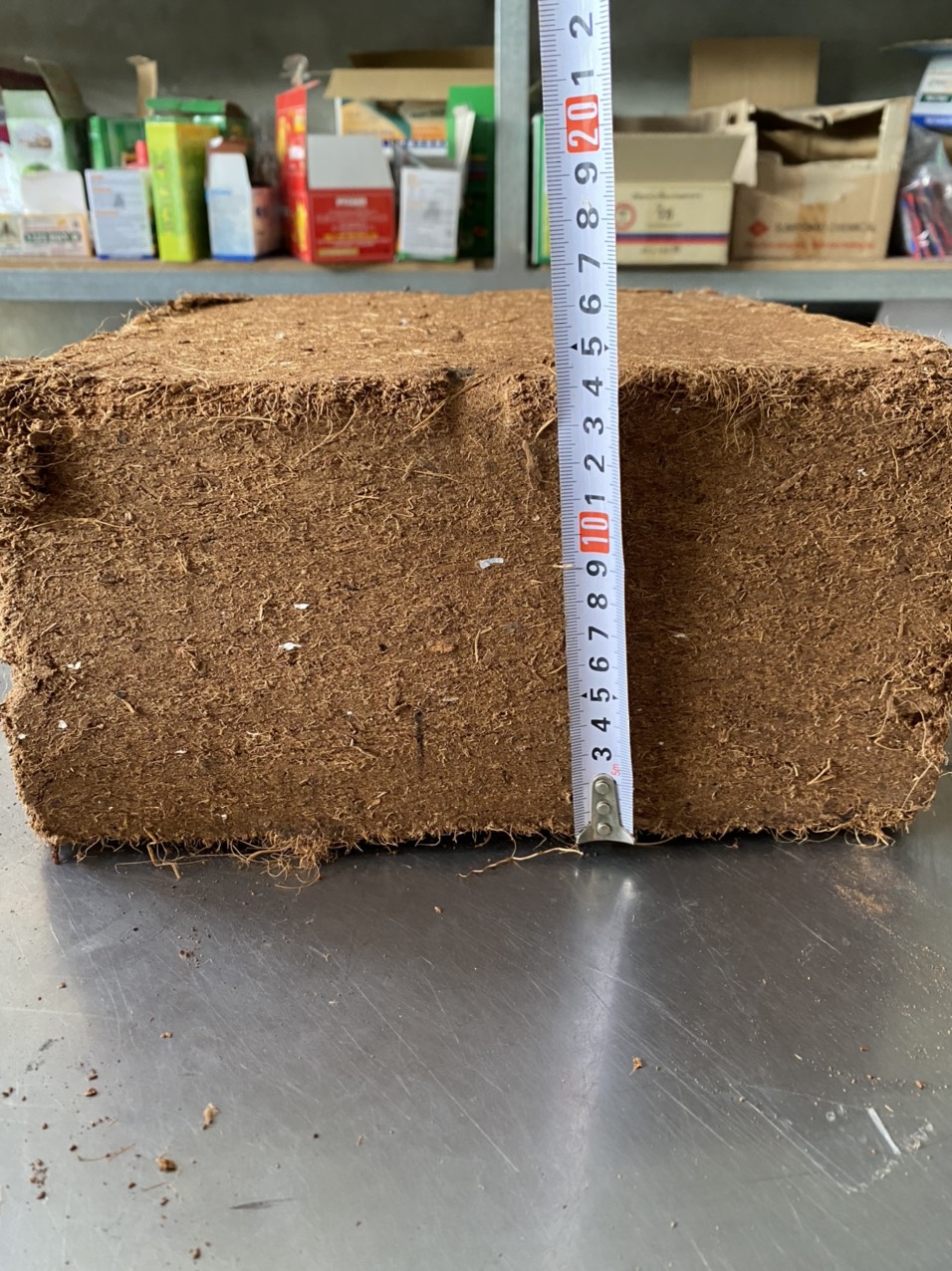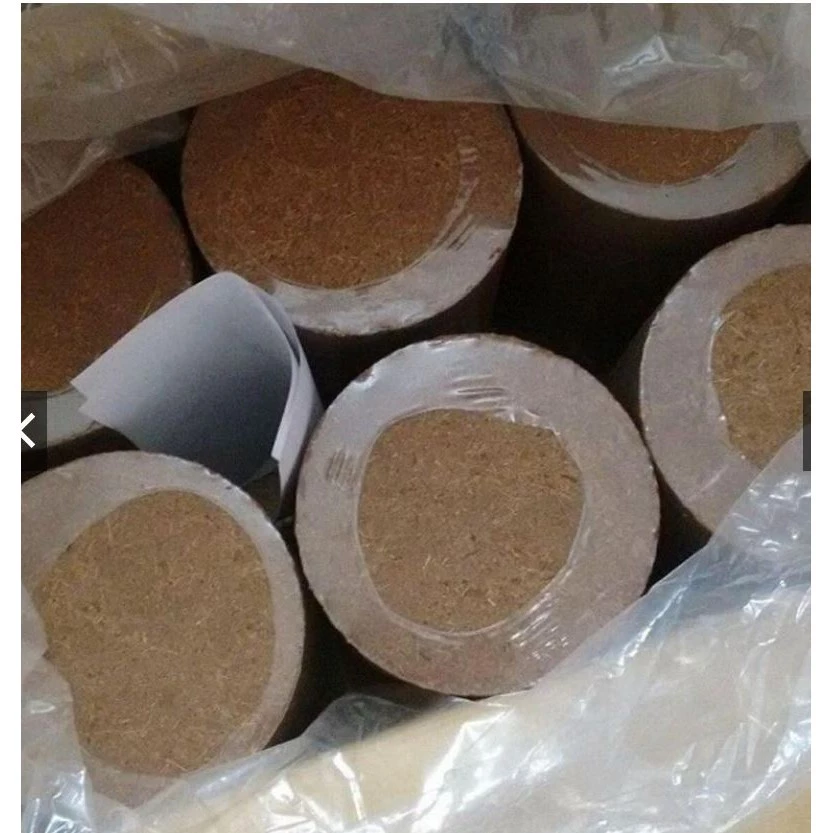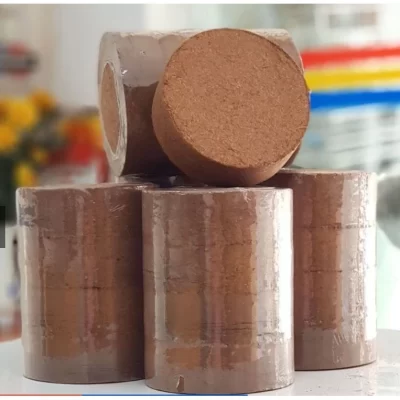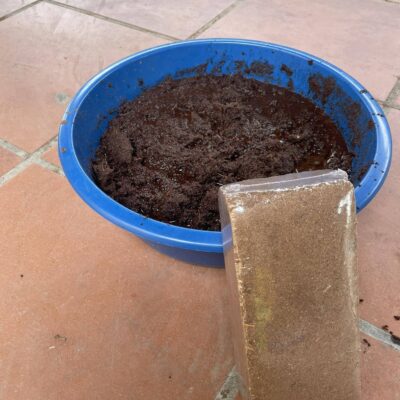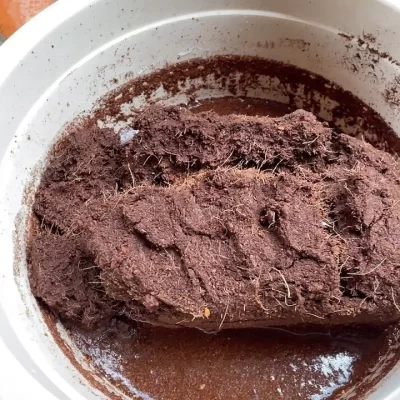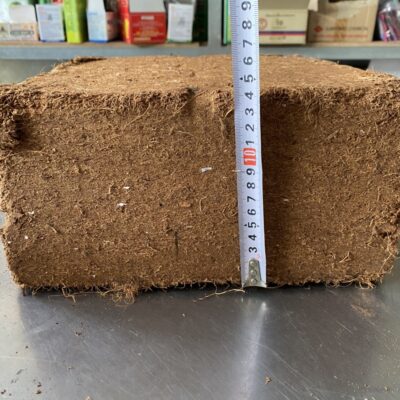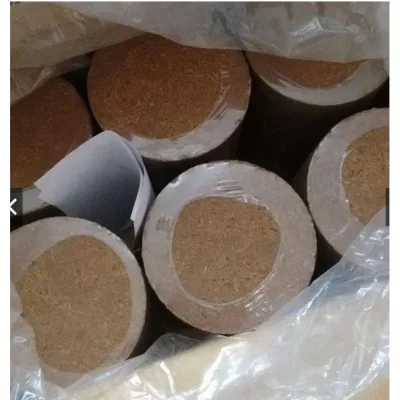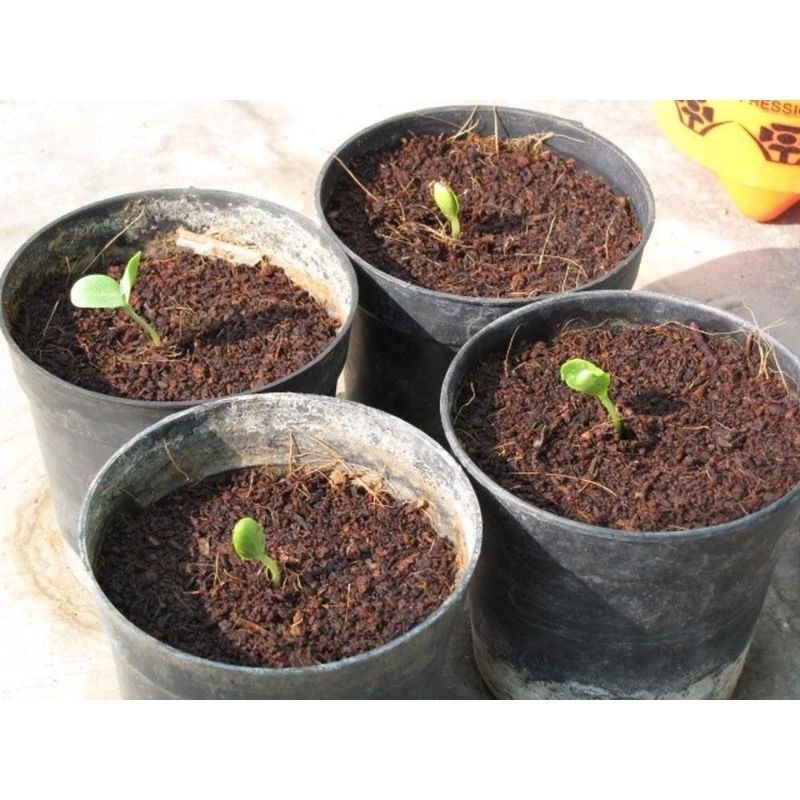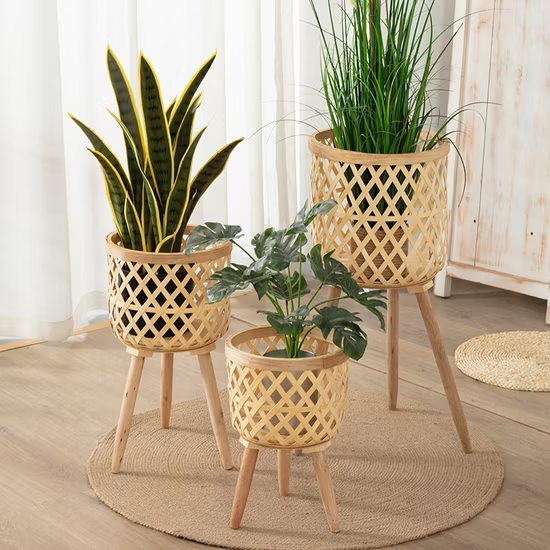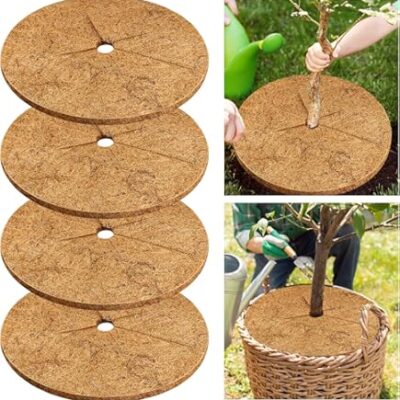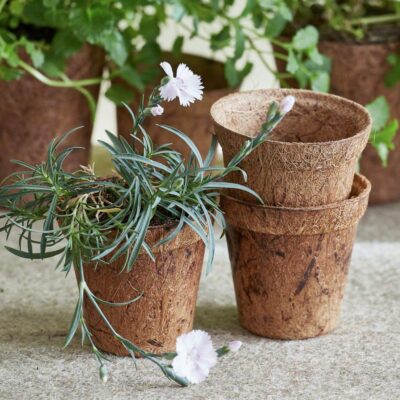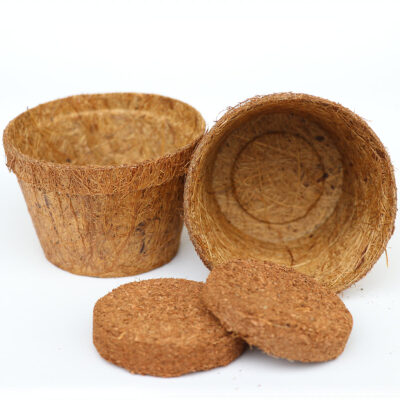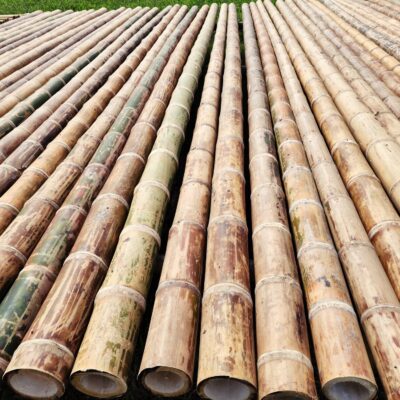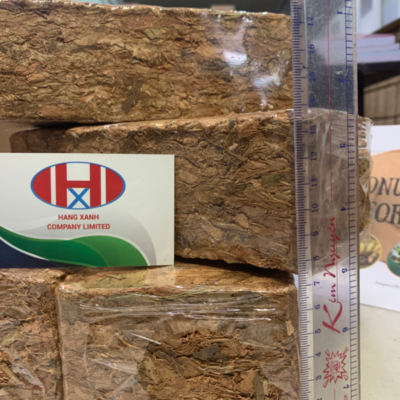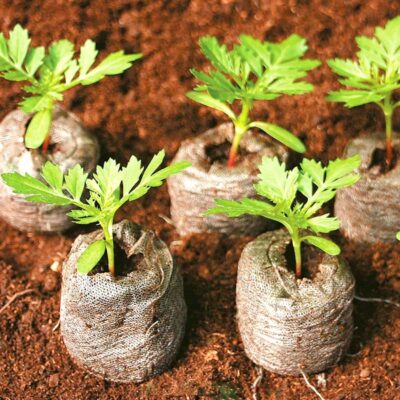Coco Fiber Peat, commonly known as coir or coconut husk, is an organic material derived from the fibrous husk of coconuts. It’s increasingly becoming a popular choice in gardening and agriculture due to its remarkable features and environmental benefits. Known for its excellent water retention, soil improvement properties, and sustainability, coco fiber peat offers a natural and efficient solution for enhancing plant growth and soil health.

One of the key advantages of coco fiber peat is its exceptional water retention capacity. This material can absorb and retain water up to several times its weight, helping maintain moisture in the soil for longer periods. This makes it particularly useful in dry climates or during hot summer months, where maintaining consistent soil moisture is crucial. Plants that require constant moisture—such as flowering plants, potted plants, and vegetable gardens—greatly benefit from the use of coco fiber peat, as it prevents soil from drying out too quickly.
In addition to its water retention, coco fiber peat improves soil aeration, which is essential for healthy root development. It allows for better oxygen exchange in the soil, making it ideal for compacted or clay-heavy soils. The material helps loosen up the soil structure, preventing it from becoming too dense or waterlogged, and thus creating an optimal environment for plant roots to grow and absorb nutrients efficiently. Coco fiber peat also contains natural minerals like potassium, magnesium, and calcium, which further support plant health and growth.
Another significant advantage of coco fiber peat is its environmentally friendly nature. Unlike peat moss, which is harvested from sensitive wetland areas and takes centuries to regenerate, coco fiber peat is a byproduct of the coconut industry, which is renewable and abundant. Using coir helps reduce the environmental impact of peat extraction, making it a more sustainable alternative for gardeners. Moreover, coconut farming is widespread, particularly in tropical regions, making coir an easily accessible and eco-friendly resource.
Coco fiber peat can be used in various ways in gardening. It can be mixed with regular soil to improve texture, or used on its own as a growing medium for potted plants, hanging baskets, or raised garden beds. It’s particularly beneficial for indoor plants, such as houseplants and orchids, as it helps maintain optimal moisture levels while promoting healthy root growth. Because of its natural ability to retain moisture without becoming waterlogged, coco fiber peat also helps prevent root rot, a common issue for plants grown in containers.
In addition to its physical properties, coco fiber peat is also pH-neutral or slightly acidic, which is ideal for most plants. This helps maintain a balanced pH in the soil, ensuring that plants can effectively absorb nutrients from the soil. It also helps reduce the need for chemical fertilizers, making it a more organic and low-maintenance option for gardeners.
Overall, coco fiber peat is a versatile, sustainable, and effective solution for gardeners looking to improve soil quality, enhance plant growth, and minimize environmental impact. Whether you’re growing vegetables, flowers, or ornamental plants, this natural material offers a range of benefits that make it an excellent choice for both amateur and professional gardeners. With its ability to improve water retention, promote healthy root growth, and maintain soil structure, coco fiber peat is a smart, eco-friendly addition to any gardening routine.

